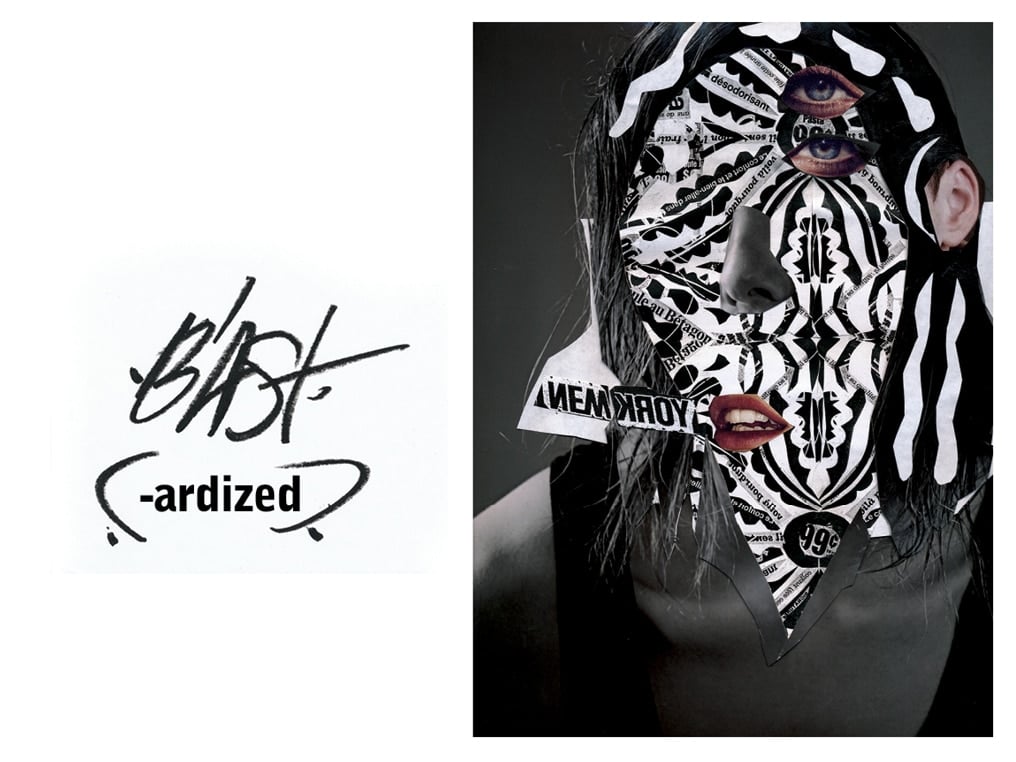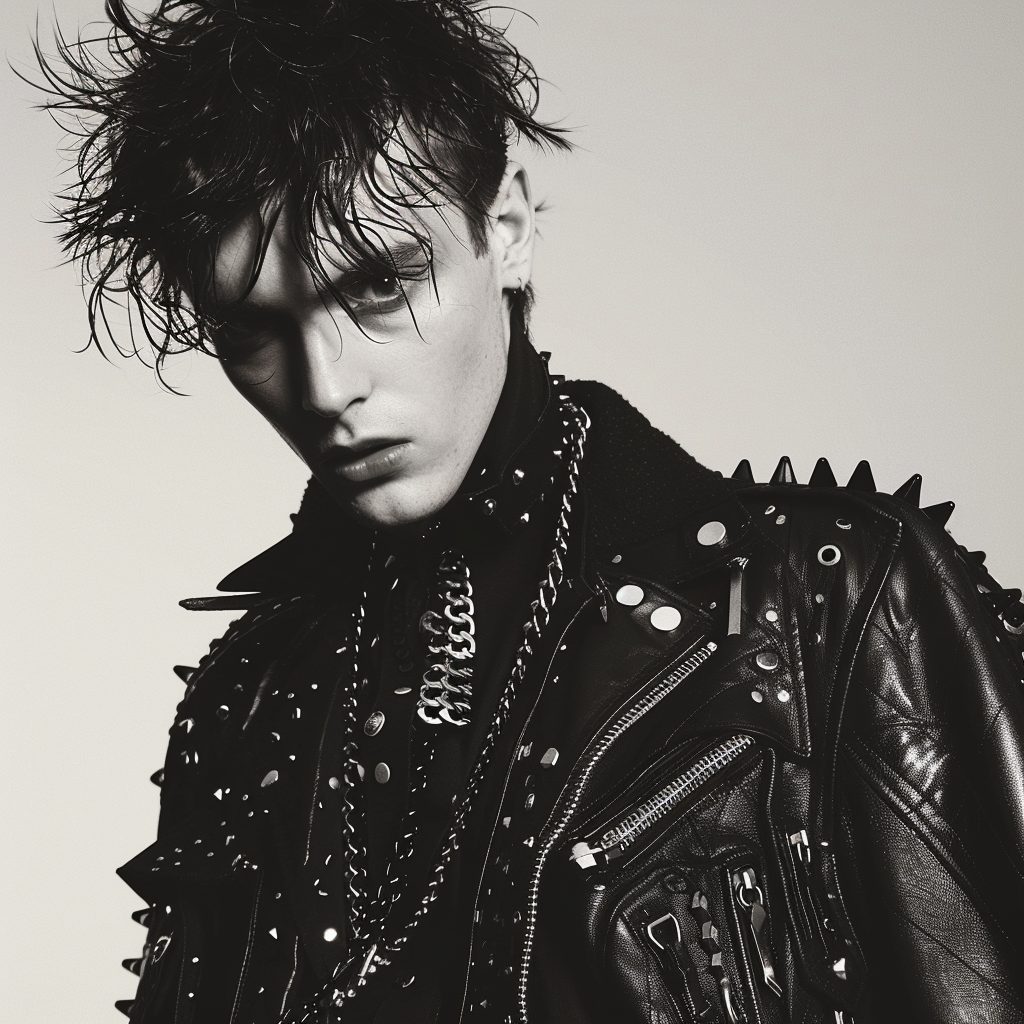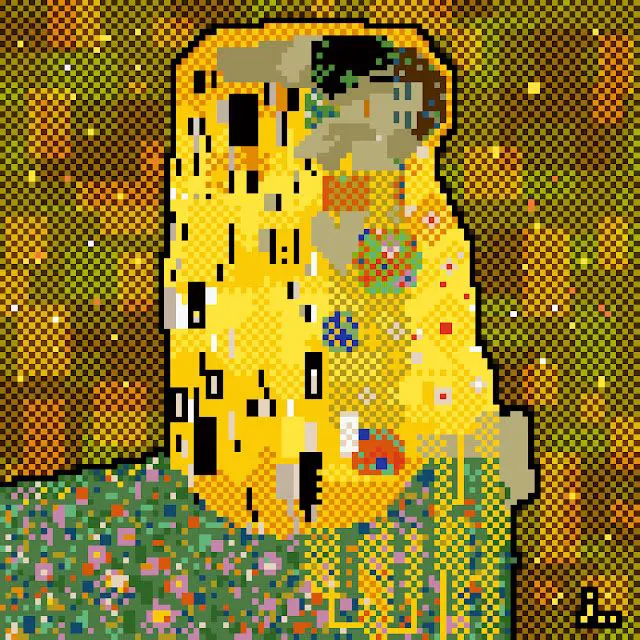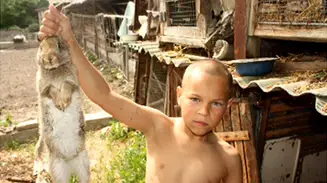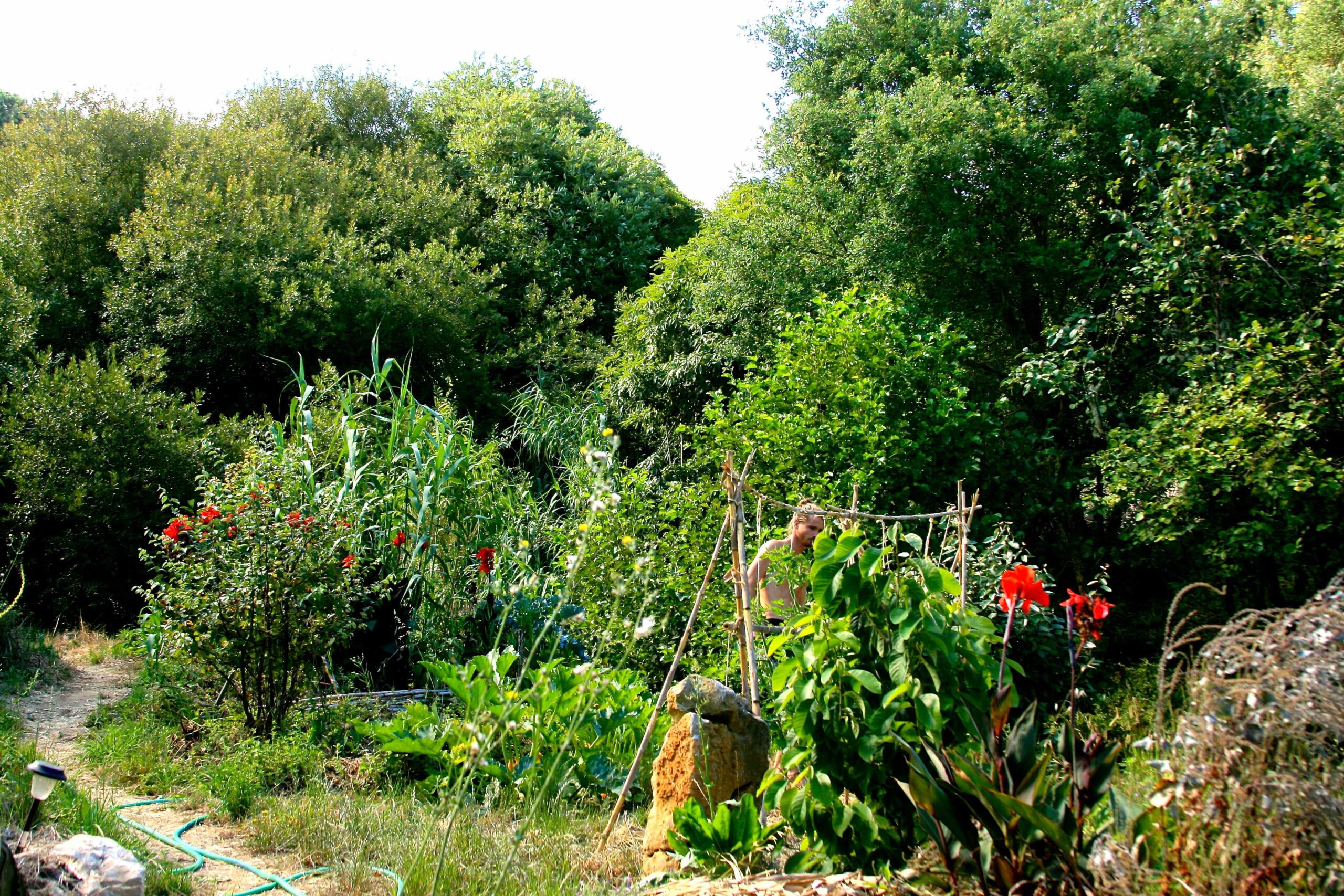SKATEISTAN – Afghanistan’s Girl Skaters Collective is Pushing Boundaries
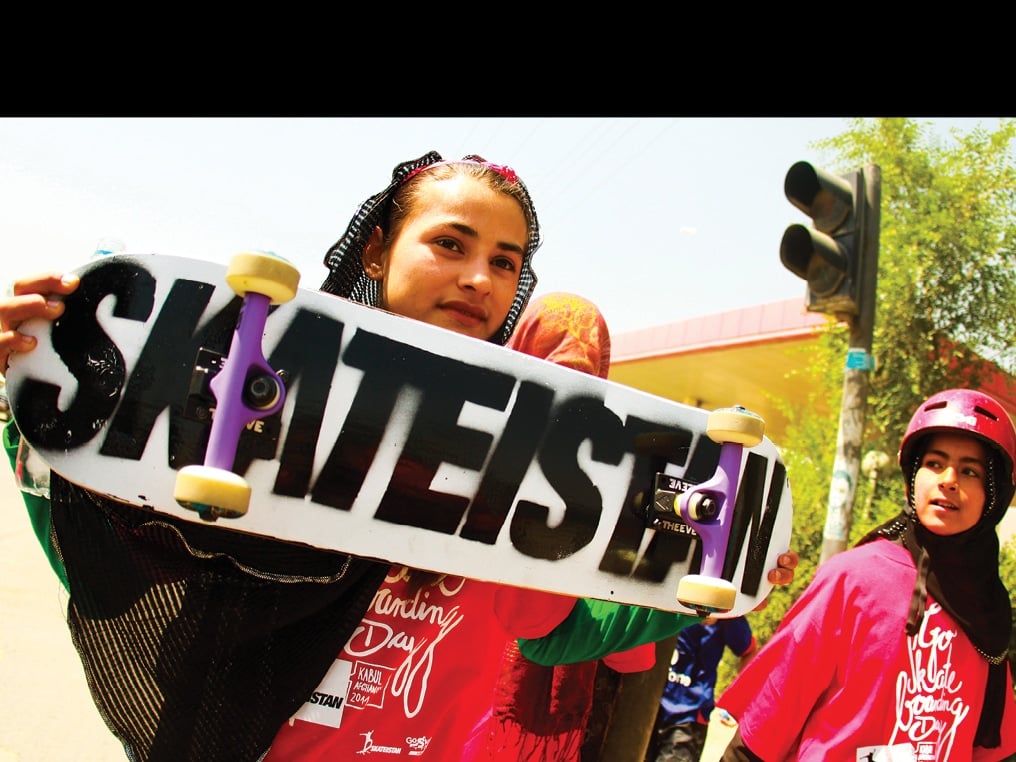
— text by Rachel Khona
It’s 11pm when I call up Jesse McConnell in Kabul, Afghanistan. While I’m sitting comfortably by my computer munching on a peanut butter and jelly sandwich, McConnell is getting ready for another day of work at the skateboarding school known as Skateistan, Afghanistan’s most famous girl skaters collective. Believe it or not, in this intensely conservative and often sexist society, boys and girls of all ages and socioeconomic classes learn how to ride the concrete waves like a California tween.
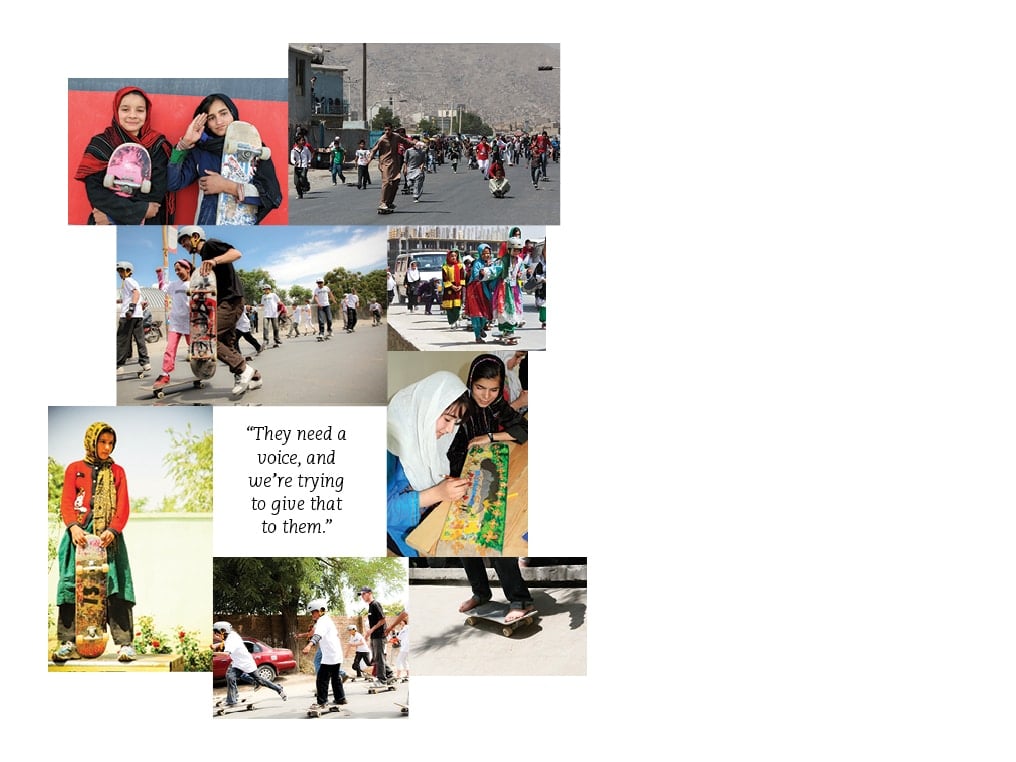
McConnell thought it sounded wild too. “I couldn’t really believe it existed,” he said, but that unexpectedness is exactly what drew him in. Of course many of us are drawn to curious adventures, like skydiving, roller coasters, nose jobs, and feeding wild monkeys, but a majority of them don’t always follow through. So how does a nice boy from South West England end up volunteering in Kabul? Let’s rewind.
Australian Oliver Percovich was just another veteran skater when he accompanied his social scientist girlfriend on her research trip to Afghanistan. With his skateboard in tow, Percovich began skating where he could with the limited options present. Before he knew it, kids were running up to him, demanding to learn how to skate. Their infectious enthusiasm led Percovich to become a pied piper of sorts. He began giving informal lessons to skate-hungry students at an abandoned water fountain. Soon, the fountain became Kabul’s de facto skate park. Realizing that there was a considerable lack of opportunities for young Afghans, particularly girls, Percovich decided to turn his makeshift lessons into a permanent NGO right in Kabul. After securing enough money from international donors, he set up Skateistan, a skate park and learning facility. What started out as a few impromptu lessons has turned into an international organization with offices around the world.
With a dedicated staff of internationals and Afghans, Skateistan offers free skateboarding classes in Kabul (and soon in Pakistan and Cambodia) to kids 5-17. Everyone from street kids to the wealthy is welcome at the school. Students don’t just learn how to skateboard, but also learn about photography, painting, and theater. In addition, kids attend regular classroom lessons where they learn about culture, gender equality, and the environment. The organization believes that — by utilizing skateboarding as a means of deconstructing racial, economic, and gender barriers — they can educate and empower kids, giving them a platform for self-expression.
While this might seem like a lofty mission, particularly in such a tumultuous area, Skateistan has managed to silence any possible critics and quietly kick ass. So popular is Skateistan that even the girls are attracted to skateboarding. Since skateboarding is a new sport in Afghanistan and doesn’t hold any gender connotations, it isn’t perceived as a “male” sport. Pushing politics aside, Skateistan continues to foster hope in kids who might otherwise be roaming the streets with guns in hand or otherwise have no hope for the future.
For example, there’s Hamdullah, just another Afghan teen who, after learning how to skateboard at Skateistan, went on to become an instructor and member of their paid staff. Creative and ambitious, he won a 2011 UNESCO drawing contest about gender equality and education.
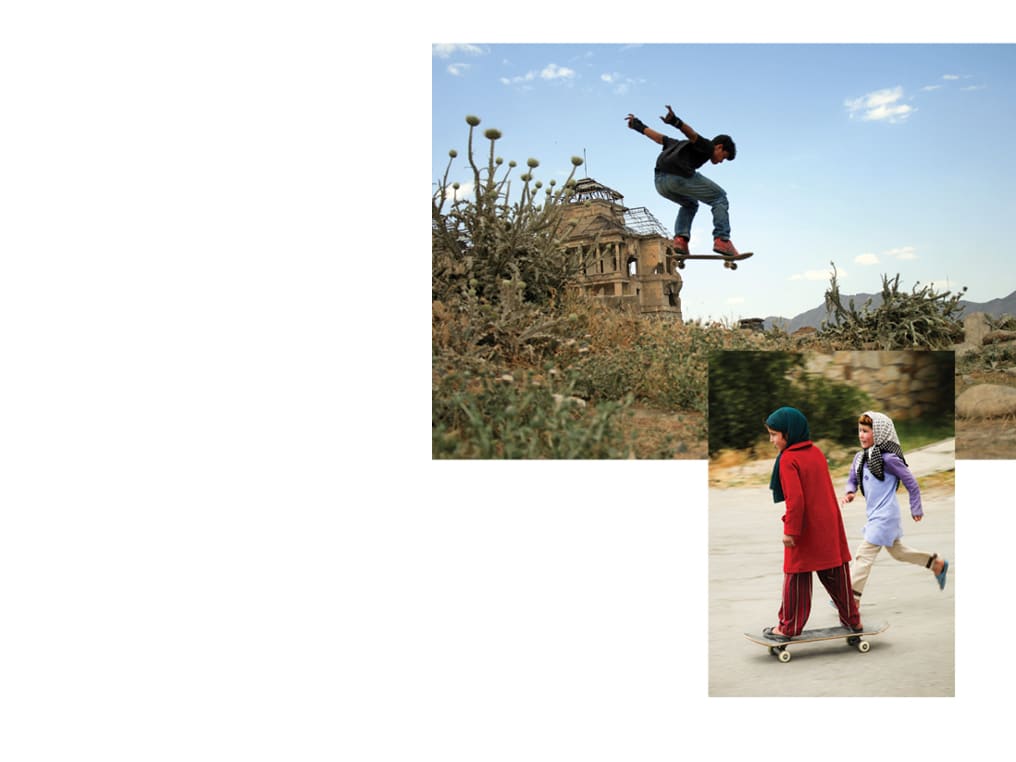
All of this brings us back to Jesse McConnell.
The idea of a skate school in Afghanistan was so revolutionary that, even though he didn’t know how to skateboard, McConnell was sold the moment he learned about it, even though he didn’t even know how to skateboard. In fact, the closest he had come to a skateboard was inline skating, hardly the sort of thing that would impress the likes of Tony Hawk or his ilk. But, fate intervened in the form of everyone’s favorite social media juggernaut: Facebook.
“I saw one of my friends post a short documentary on my Facebook wall about Skateistan, and it was amazing. I felt like I could strongly contribute in a significant way. I studied Persian, Arabic, and Islamic studies at university, and I’ve done video production before. After seeing their website, I realized it’s important to get the word out.”
And to think people say Facebook is a waste of time. It’s how I first learned that Monsanto is an evil food modifying conglomerate and that Katy Perry and Russell Brand divorced. And clearly, it helped McConnell to discover Skateistan. Six months later, McConnell had left rainy England for the arid climes of Afghanistan. Now, as the Media Director for Skateistan, he spreads the good word about skating, helping kids and truly making a difference.
We see so many violent and conflicting images of Afghanistan through the media. If it’s not the Taliban and suicide bombers, it’s kids carrying AK-47s. What do you see at Skateistan that we don’t see in the press?
“Skateistan is such a fun and happy place, which is not something you generally see in the media as far as Afghanistan is concerned. What’s happening here is completely natural and spontaneous. Schools here are very traditional, so it’s nice that kids can come to Skateistan, be themselves, and get creative. It’s surprising considering that 50% of the population is under 16 years old. They need a voice, and we’re trying to give that to them.”
That’s extraordinarily crucial because a significant population of young people with nothing leads to a powder keg, kids resorting to violence. Or, they can become a positive force as in the case of the Arab Spring. If I didn’t have cheerleading, who knows what I would have resorted to in high school. But I digress. Speaking of cheerleaders and other such girly things, how comfortable are the parents allowing their girls to skateboard?
“The girls’ classes are never taught by boys once they’re past the age of 11 or 12. We’re very transparent, and the parents are kept informed by a very good student liaison team. If there is ever a problem or any parents start to feel that there is something going on that they don’t approve of, our female teachers go directly to the home and talk to the parents to explain what’s going on and to put their minds to rest.”
Are the girls at ease being around the boys? Does having boys around hamper them from fully expressing themselves?
“Well, it doesn’t stop them from having fun. We hold girls and boys classes on different days, which was something that the girls requested so they could relax and feel more comfortable. Participating in a sport is rare for girls here, so it’s important for them to be in an environment that they shaped and that they have control over.”
The girly-girls aren’t just learning about gender equality and expanding their horizons at Skateistan’s classes; they’re taking their lessons on the road. In October 2011, Skateistan took its first trip abroad with a group of female students and teachers to Italy to represent the Afghan skate scene at a youth leadership event entitled “WeFree Week.” For the students, who have never traveled beyond Afghanistan, the trip was quite a revelatory experience. The ladies even got to see the ocean for the very first time.
Afghans are fiercely proud of their culture and religion. Do you ever find that parents are afraid of the Western culture influencing their kids?
“Since skateboarding came here as a sport and just a physical activity without any of the cultural baggage, most parents are very happy for their kids to have the chance to engage in the sport in a safe and respectful environment. We totally abide by Afghan culture, and the kids have ten minutes of Koran recitation before their workshops. It’s also important that we keep the parents informed, and they are invited to our end of semester celebrations where they can see exactly what’s going on. In addition, our management and teaching team is all Afghan. Internationals are here in support roles doing specialized things like I do. For example, I use Final Cut Pro, which is not something many young Afghans are aware of yet. So I’m using it, but I’m also teaching it to them at the same time. We’re not trying to offend anyone or bring any kind of outside influence in.”
In fact, Skateistan is becoming a sort if institution, something which is severely lacking in Afghan society. As one of the few things that remain as a constant in their lives, it gives young Afghans a reason to want to stay in their country and help build a more promising future. McConnell insists that the kids, even the ones from educated and wealthy families, are passionate about not leaving.
So what can people do to help? Besides volunteering like yourself.
“As an NGO, we have historically sought traditional sources of funding through governments, but we are trying to be self-sustainable. So we decided to diversify into merchandise, whether it be products that we brand ourselves, like t-shirts, tote bags, and scarves, or products we are co-branding [helmets with TSG and footwear with Fallen]. “
And if people just want to write a check, can they do that too?
“Yeah, they can, absolutely. The details for that are also on the website. There’s a page that gives you details on how to donate, depending on where you are in the world and how you want to do it.”
For more info and to offer help, visit http://www.skateistan.org
